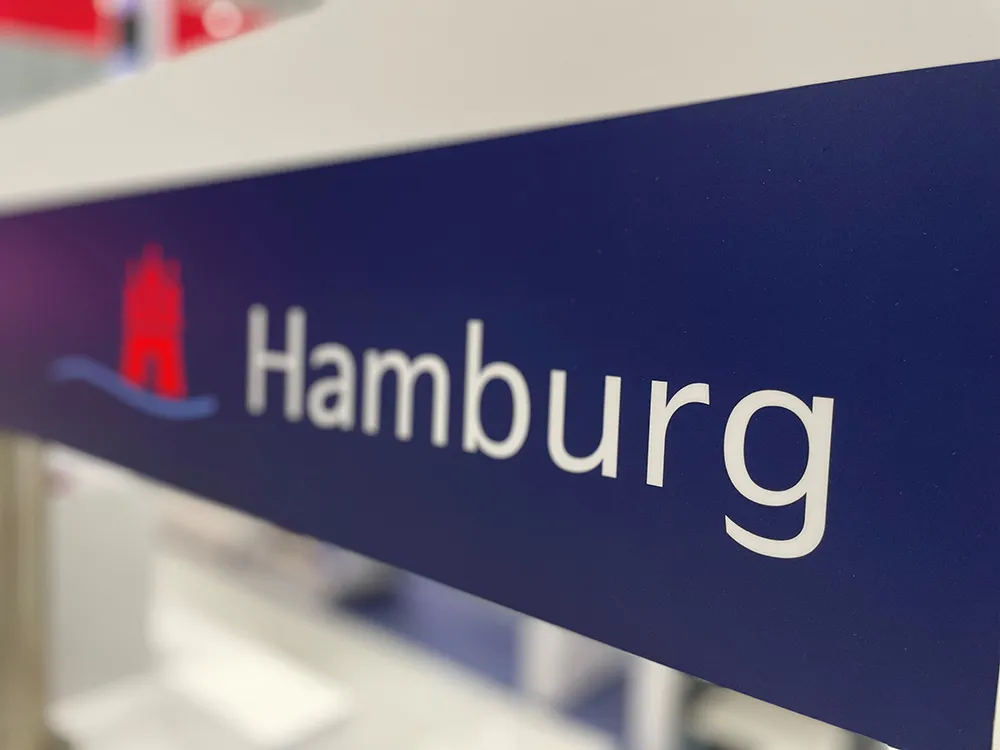A state-of-the-art joint project spearheaded by the Tomsk Polytechnic Research University and Icelandic professor, Horsteinn I. Sigfusson, who was awarded the Global Energy International prize in 2007, will be showcased at Russia Day as part of the international exhibition Hannover Messe-2012, which is to be held from 23 to 27 of May, 2012 in Germany.
April 23, 2012
Read time: 1 min
A state-of-the-art joint project spearheaded by the 5174 Tomsk Polytechnic Research University and Icelandic professor, Horsteinn I. Sigfusson, who was awarded the Global Energy International prize in 2007, will be showcased at Russia Day as part of the international exhibition Hannover Messe-2012, which is to be held from 23 to 27 of May, 2012 in Germany.
Researchers are to showcase a project on eco-safe fuel cells capable of separating oxygen from hydrogen as a result of the electrolysis process at the round table "The role of hydrogen in the energy sector: Russian research and innovations," which will take place at 1.30 p.m. on Tuesday 24th April, 2012, Hannover Messe, Hall 27, Technical Forum.
According to Dr. Sigfusson, "In the project in Tomsk we have been able to use the sophisticated experimental facilities to make fuel cell components to convert for example natural gas into heat and electricity in the same unit. Russian technology is very deep reaching and is based on very sound theoretical understanding of the physics and chemistry of energy conversion."
Researchers are to showcase a project on eco-safe fuel cells capable of separating oxygen from hydrogen as a result of the electrolysis process at the round table "The role of hydrogen in the energy sector: Russian research and innovations," which will take place at 1.30 p.m. on Tuesday 24th April, 2012, Hannover Messe, Hall 27, Technical Forum.
According to Dr. Sigfusson, "In the project in Tomsk we have been able to use the sophisticated experimental facilities to make fuel cell components to convert for example natural gas into heat and electricity in the same unit. Russian technology is very deep reaching and is based on very sound theoretical understanding of the physics and chemistry of energy conversion."








